The government had offered a series of tax reliefs to automakers in Pakistan earlier this year to strengthen the industry and ensure its growth. With the reveal of the complete Automotive Industry Development and Export Plan (AIDEP) 2021-26, the focus has shifted to enabling the local car industry to opt for the complete indigenization of vehicle manufacturing for added viability and sustainability.
The government realizes that the localization, although somewhat present, is not at an ideal rate for the auto industry to flourish in a fast-paced global market. The goal is to indigenize vehicle and parts manufacturing so that it benefits the local market and other Right-Hand Drive (RHD) markets around the world.
An official document available with ProPakistani details the new localization rate in Pakistan as follows:
| Sector | Localization Level Achieved | Localized Parts [SRO 693(I)/2006] | |
| Number of Parts | Value of Parts | ||
| Motorcycles | 95% | 85% | crank case, crank shaft, piston and ring, magneto, suspension, transmission, engine head, engine block, wiring harness, body parts, etc. |
| Tractors | 92% | 80% | transmission, crankshaft, piston, connecting rod, engine valves, engine block, starter motor, body parts, etc. |
| Passenger Vehicles | 55% | 45% | suspension, steering knuckle, brakes, light springs leaf, radiator, steering mechanism, windscreen, body parts, etc. |
| Truck & Buses | 15% | 12% | exhaust/inlet manifold, front cabin, wiring sets, radiator, heavy spring leaf, silencer, cross members, floor assembly, body parts, etc. |
Evidently, the rate of localization, especially for four-wheeled transport, is not sufficient to cater to the export market, and the AIDEP 2021-26 lays particular emphasis on the export of vehicles to other RHD markets across the globe.
Make in Pakistan Initiative
To accomplish this goal, the policy includes a ‘Make In Pakistan Initiative” that incorporates the following clauses:
Maximum Value Addition
Value addition in the automotive industry refers to the use of local materials and resources to build a product. As per the new policy, components and sub-assemblies must have a value addition of over 30 percent or they will not be eligible for concessions under the AIDEP 2021-26.
Constant Increase in Localization
The government has set a dynamic benchmark for automakers so as to ensure a constant increase in the localization of products. The policy dictates that the manufacturing of parts must be localized through a bi-annual update of lists (SRO-693). A company that fails to keep up with the updating list will be subjected to an increase in payable taxes upon the import of parts.
Localization Timeline
The policy aims to localize 100 percent of motorcycle parts and 75 percent of car parts by 2026. The next six months’ target has also been set for manufacturers to begin localizing parts. Failure to do so could result in the suspension of incentives for non-compliant automakers.
Decrease in Production Cost
Another major purpose of ensuring localization is to reduce the cost of production for car companies. It was highlighted in the document that Pakistan will be able to save a massive amount of foreign exchange in Completely Knocked-Down (CKD) productions by avoiding imports and relying on local value addition.
As per the government’s calculations, the current average import cost of 1500cc CBU vehicles is $22,000, whereas the cost of CKD vehicles is significantly less which includes imported parts worth $8,000 and local parts valued at around $6,000. With these figures combined, the cost of CKDs is roughly $14,000.
This implies that, between the $22,000 cost of a CBU car and the $14,000 cost of a CKD car, the government will save $8,000 on every 1500cc car made in Pakistan.
| Description | Value in USD |
| Current Average Cost of Completely Built Unit (1500cc) | 22,000 |
| Cost of Imported CKD kit | 8,000 |
| Cost of local parts = $9000
Minus 30% value addition/local content = USD 6000 approx. |
6,000 |
| Difference between CBU & CKD =22000-14000
(CBU import 36% higher than CKD manufacturing ) |
8,000 |
| Average cost of CBU=14000 x 300,000 (if total requirement is imported) | 4,200,000,000 |
| FE saving if manufactured locally = 36% of 4.2 billion | 1,500,000,000 |
In short, Pakistan would annually save $1.5 billion in foreign exchange if all vehicles are assembled locally instead of being imported. In Pakistani Rupees (PKR) — at the current exchange of Rs. 178 against the US Dollar — the total savings equate to over Rs. 267 billion. The savings could increase further as local parts manufacturing increases with time and the exchange rate stabilizes.
This also implies that the current prices of cars could drop significantly if the government’s localization targets are met, which would ultimately benefit car buyers and the economy overall.
Export Targets
The key purpose of encouraging local manufacturing is for the Pakistani car industry to begin exporting vehicles to other RHD markets. The government has also set the following timeline for the automakers to meet the localization targets:
| Financial Year | Obligatory export as Percentage of Import Value |
| 2021-22 | 0% |
| 2022-23 | 2% |
| 2023-24 | 4% |
| 2024-25 | 7% |
| 2025-26 | 10% |
The policy has promised the following incentives once the market begins exporting vehicles:
- For each vehicle exported, the duty-free import of an appropriate number of Completely Knocked Down (CKD) kits in the subsequent consignment through WeBOC might be considered.
- The import of locally manufactured raw materials and components under SRO 665(1) and 656(1) might be allowed at zero percent CD, but for export purposes only.
- Allowing the payment of DLTL at an enhanced rate on the export of two-wheelers, three-wheelers, four-wheelers, and heavy transport vehicles.
- Specialized Temporary Economic Refinancing Facility (TERF) to be designed for car companies to enhance the production capacity and capability of the automakers.
- The government might allow relatively fewer restrictions on the import, refurbishment, and export of vintage cars free of duties.
A Missing Piece
Although the policy has outlined several benefits for the indigenization of vehicle manufacturing in Pakistan, the government has not offered many dedicated incentives to parts manufacturers. The AIDEP 2021-26 does include some benefits for the parts makers which are as follows:
- Local value addition has been fixed at 30% for parts manufactured under SRO 650(1)2006 except for engine, gearbox, and transmission parts to become eligible for concessions
- Duties on imports under SRO 655(1)2006 to be rationalized to promote local manufacturing
- Tax incentives to be proposed for in-house Shops, R&D, local designs, molds, etc.
- Proposal to rationalize taxes on import of machinery, testing equipment, 3-D printers, etc.
- There is a need to link local after-sales market with local manufacturing
- EDB will carry out a comprehensive exercise for the elimination of imports of used/new parts through illegal channels
- EDB will support local manufacturing and export of Nuts/bolts, hydraulic system, electric wiring, plastic parts, etc.
It has been highlighted several times previously that in order to ensure industry-wide sustainability in terms of indigenous vehicle production and the localization of parts, the government has to offer even more incentives to dedicated parts manufacturers such as Denso, Hitachi, Magna International, Bosch, Continental AG, Aisin, and ZF Friedrichshafen, among several others.
Multiple car companies use the components produced by these parts-makers. Attracting these companies to the local market could complement the local production operations of carmakers in Pakistan and reduce the cost of CKD imports even more while also increasing the country’s exports.
The government should urge the international parts makers to establish their manufacturing plants at Specialized Economic Zones (SEZs), and get exclusive incentives. Adding more dedicated tax reliefs for the new parts makers is also likely to serve the market well.
It is not yet known if the government plans to incorporate more dedicated clauses for the parts-makers in Pakistan, but it has been argued several times that doing so will benefit Pakistan’s car industry massively.
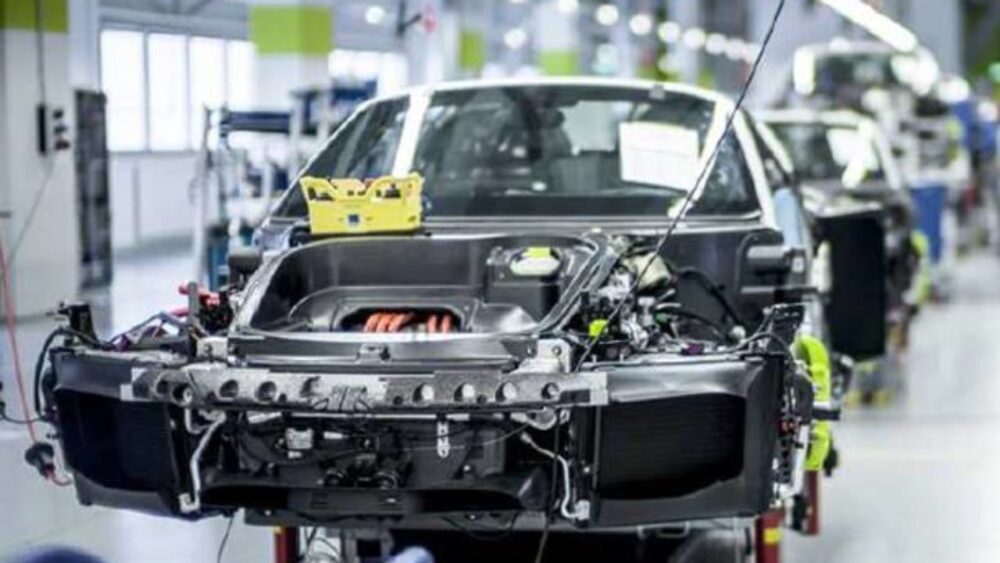

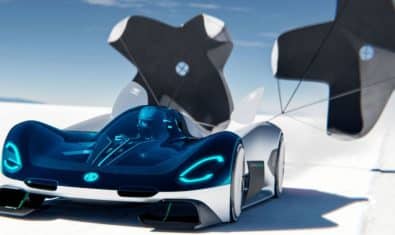
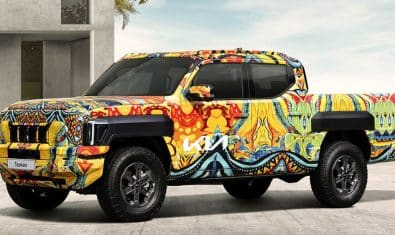
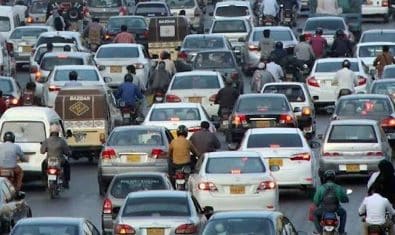
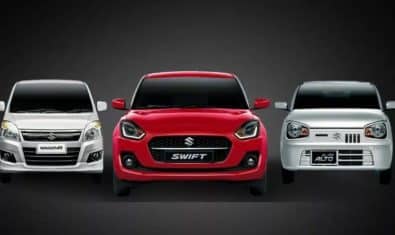
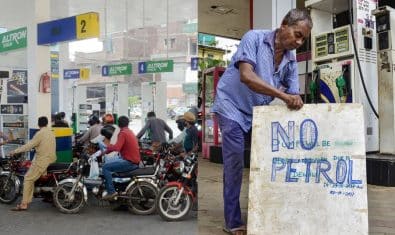


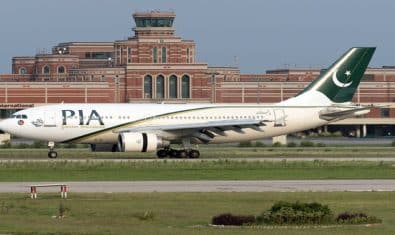
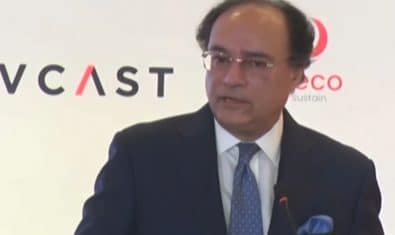
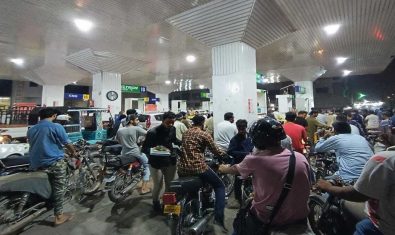

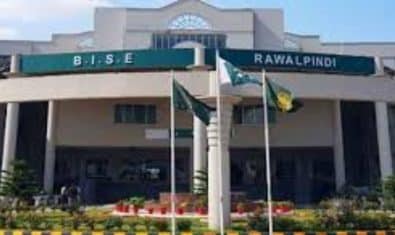




















What is Value Addition?
Imran Khan drives Mercedez MayBach 2019 that is one of the most Luxurious Mercedez. Army Chief drives BMW. Naval Chief also drivers BMW and same is with Air Chief. Our Chief Justice drives a German luxurious car as well.
Infact almost all Top ministers and CMs are buying German made cars.
Why Our Ashraafia and Leadership cannot practice what they can preach?. Indian’s Modi and Indian Army Chief drives local made Indian cars. But why Pakistani leaders feel shame in driving in Pakistani made cars?. Stop this hypocrisy please.
Overall this new policy is good and will be useful in long term. But there needs to be a policy on the emissions that a car emits and provide incentives on it. It will also reduce oil import bill slightly. This policy is well put into words by the author, kudos to you.